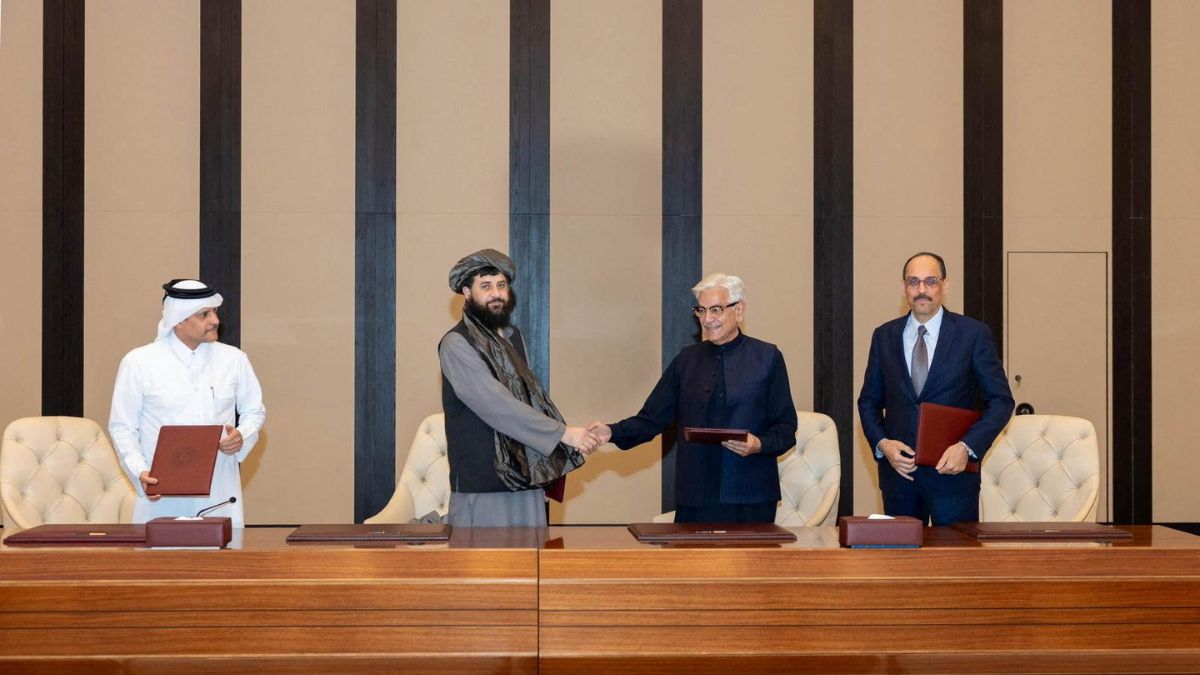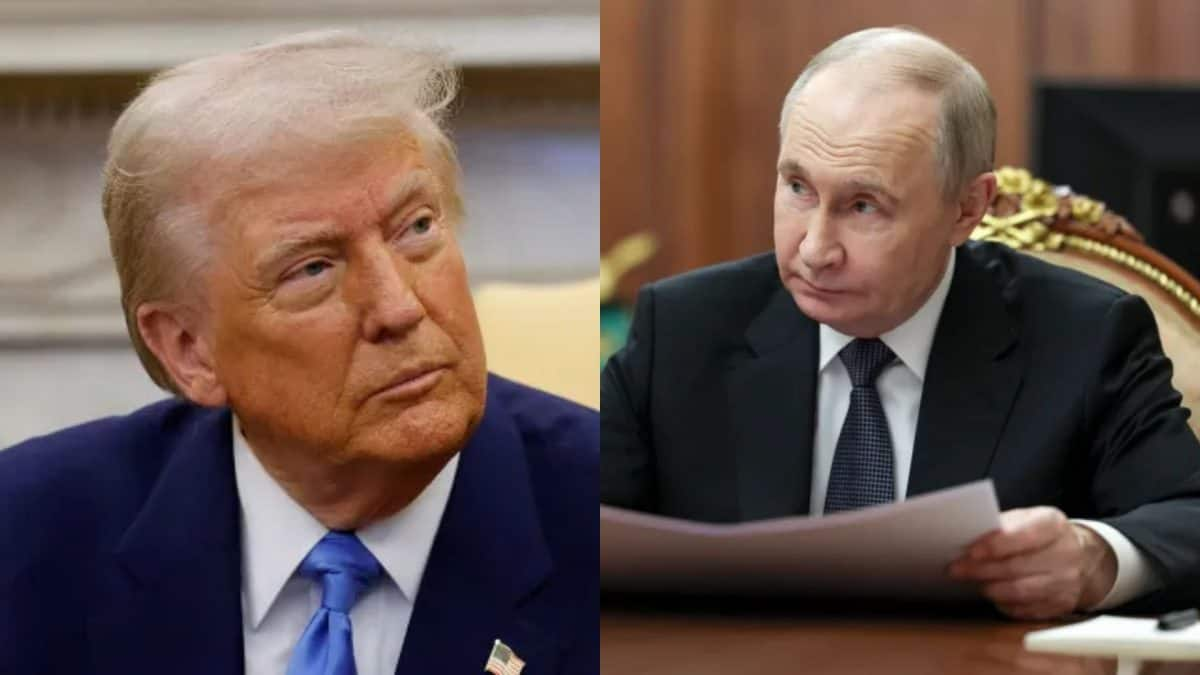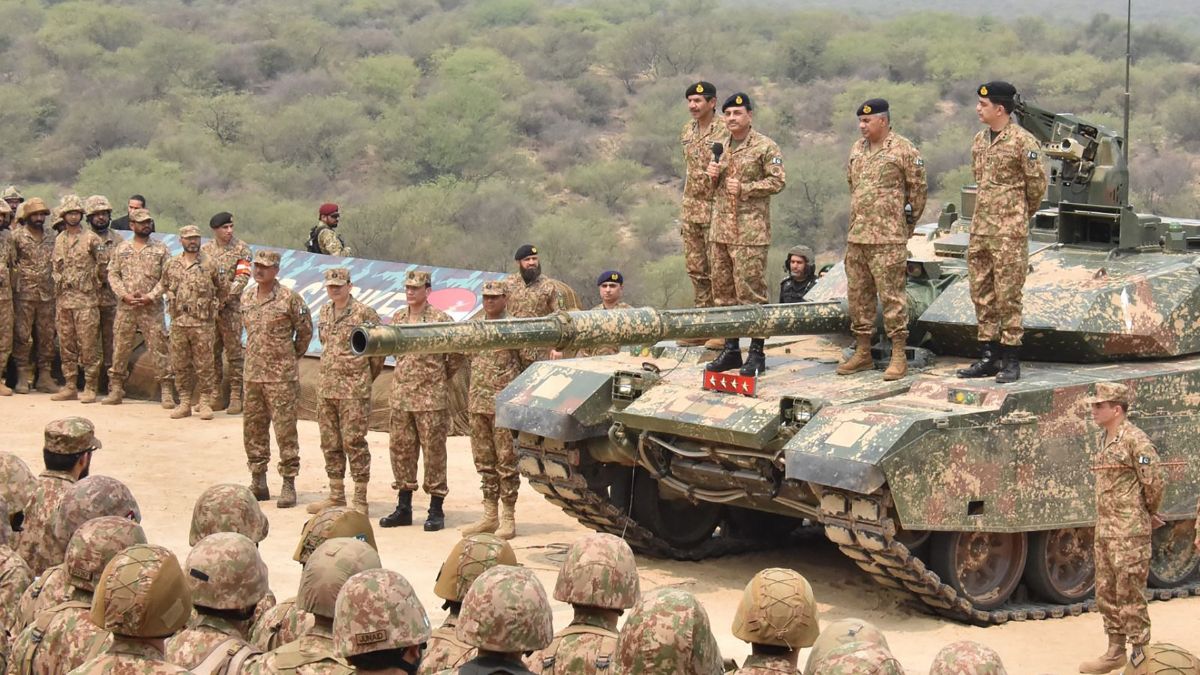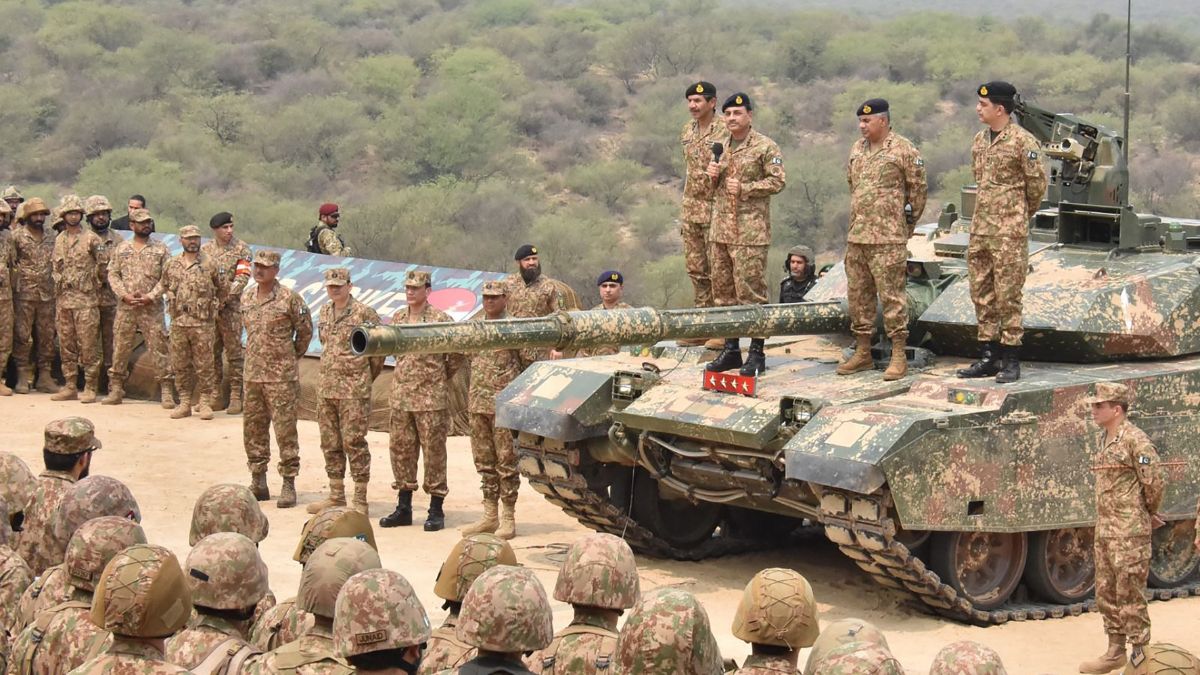In a rare admission, Pakistan has reportedly acknowledged having an agreement with a foreign country under which drone strikes were carried out inside Afghanistan — and said it cannot stop further attacks due to the binding nature of the deal.
The ongoing recent high-level talks in Istanbul between Pakistan and Afghanistan ended without any breakthrough, Reuters reported.
Citing a source, Afghanistan’s TOLO News reported that Pakistan told Kabul it was bound by an arrangement allowing a third country to conduct drone operations in Afghanistan from Pakistani soil. Islamabad, however, did not name the country involved.
Talks hit deadlock despite fragile ceasefire
Peace talks between the two nations, held in Turkey, appear to have hit a deadlock even as a fragile ceasefire continues after deadly border clashes in September and October that left hundreds dead.
TOLO News report said Pakistan admitted for the first time that it has “an agreement with a foreign country allowing drone strikes” and claimed it “cannot prevent them as breaking the agreement is not possible.” The report added that the Pakistani delegation appeared disorganised and “seemed intent on distancing itself from Afghanistan.”
“At one point, they even asked the Afghan side to recognise Pakistan’s right to strike Afghan territory in response to TTP attacks,” TOLO News quoted the source as saying.
Violence escalates along the Afghan border
The tensions follow one of the deadliest border flare-ups in years. Both countries accused each other of sparking the violence, which escalated after two explosions rocked Kabul last week.
Although Islamabad denied involvement, the blasts came shortly after Pakistani leaders vowed “big action” against those harbouring Pakistani Taliban (TTP) fighters — a group long fostered and supported by Pakistan itself.
In response, the Taliban launched offensives along the southern Pakistani border, prompting Islamabad to threaten strong retaliation, during which several Afghan civilians were killed.
Saudi Arabia brokers ceasefire as talks stall
Saudi Arabia stepped in to broker a fragile ceasefire and encouraged both sides to resume dialogue, but the latest meeting in Turkey ended without any progress.
Sources told TOLO News that Pakistan’s delegation appeared unprepared, offering no coherent arguments and seemingly retreating from earlier positions.
Impact Shorts
More ShortsIslamabad strengthening ties with Riyadh and Washington
The diplomatic standoff comes just weeks after Pakistan signed a Strategic Mutual Defence Agreement with Saudi Arabia in September, pledging joint defence and deeper military and economic ties.
Around the same time, Islamabad also strengthened its partnership with the United States under President Donald Trump.
Prime Minister Shehbaz Sharif’s Oval Office meeting with Trump, attended by Army Chief Asim Munir, highlighted the renewed alignment. Trump has since demanded that the Taliban return the Bagram airbase to US control, warning of “bad consequences” if it is not handed over.
Sharif, meanwhile, praised Trump’s “leadership,” calling his role in the India-Pakistan ceasefire “historic,” and even nominated him for the Nobel Peace Prize.
Clashes leaves hundreds dead before ceasefire
The Istanbul talks followed weeks of fighting that began in early September after a surge in TTP attacks on Pakistani forces. In response, Pakistan claimed it carried out precision airstrikes inside Afghanistan, targeting what it claimed were TTP hideouts in Kabul and Kandahar.
Drone and jet bombings left over 200 people dead on both sides, with the Pakistani sides killing dozens of Afghan civilian, including women and children.
Pakistan maintained that its strikes targeted only TTP commanders. In retaliation, Afghan forces shelled Pakistani border posts along the Durand Line, killing at least 23 soldiers and wounding hundreds.
Fierce clashes erupted in border areas like Spin Boldak and Kurram before a Saudi- and US-brokered ceasefire took effect on 15 October.
Though the ceasefire continues to hold, it remains fragile, with both sides accusing each other of repeated violations.


)

)
)
)
)
)
)
)
)



